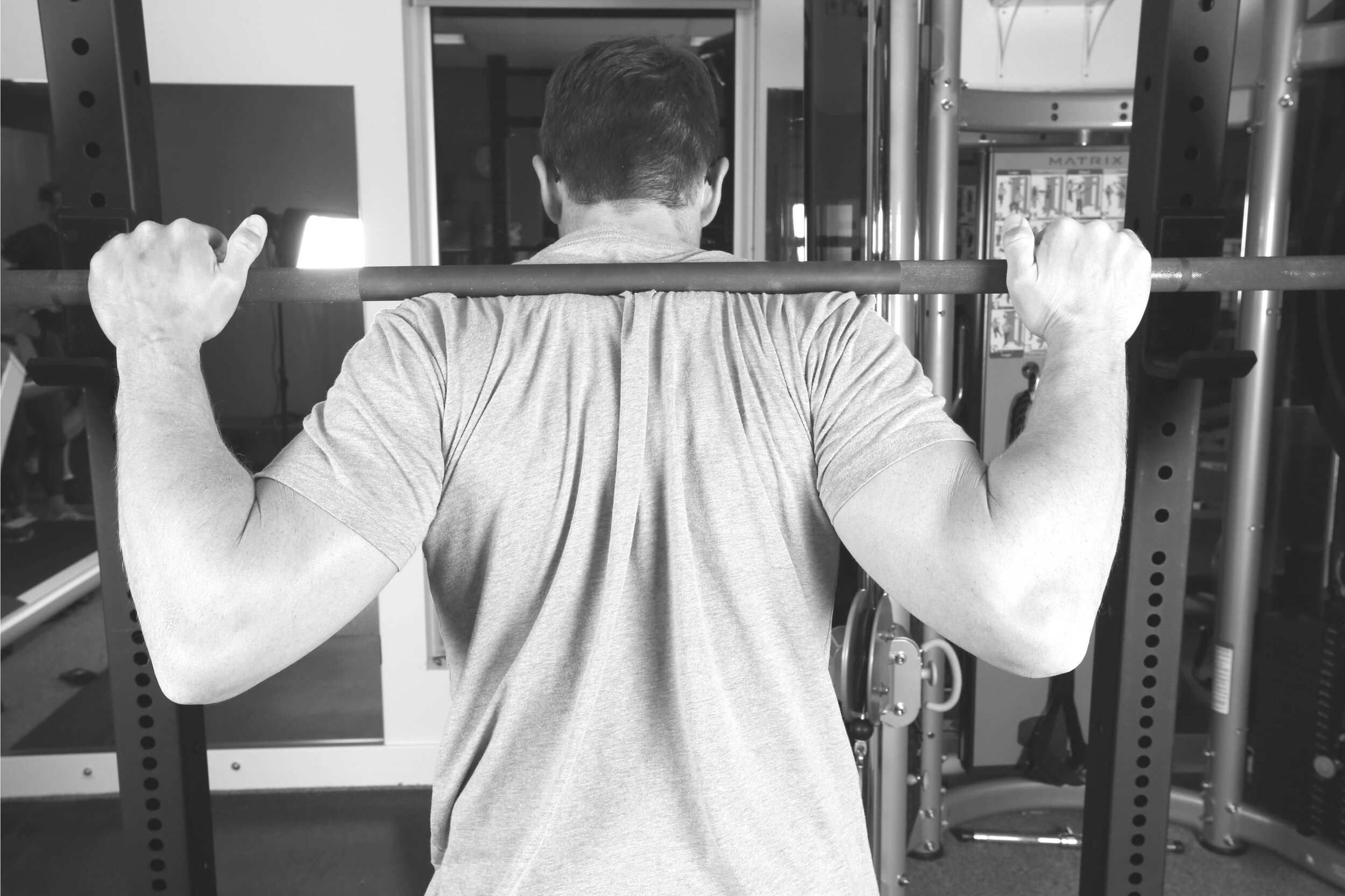In 2020, all Americans have experienced challenges impacting their mental health manifested by feelings of stress, anxiety, and depression. In particular, the CDC reports adult caregivers, young adults, and minorities report higher rates of mental and emotional health challenges due the current COVID pandemic. individuals experiencing these symptoms are strongly encouraged to follow up with their primary care physician or mental health provider for examination and treatment of these symptoms.
Exercise may be an appropriate intervention as part of a comprehensive treatment plan for individuals experiencing these mental and emotional health symptoms. In previous research studies, aerobic exercise has been shown to improve state and trait depression and anxiety in participants. Recently, researchers have been examining the impact of resistance training on mental health variables in both healthy populations and those diagnosed with anxiety and depression. A recent research study reported on the results of a trial of strength training among individuals with anxiety and worry.
Gordon and colleagues examined the impact of a resistance training program on young adults with anxiety and worry (Nature. 2020). 28 young adults (64% female) were randomized to either a control group of resistance training after completing baseline examinations of their mental and emotional health. The resistance group was trained consistent with World Health Organization and American College of Sports Medicine recommendations. Participants trained twice a week for 8 weeks under researcher guidance using local and global exercises. Each session consisted of 2 sets of 8-12 reps to fatigue of barbell bench press, barbell bent over rows, seated dumbbell curls, seated lateral dumbbell raise, abdominal crunches, barbell squats, hex bar deadlifts, and dumbbell lunges. Authors reported significant reductions in anxiety symptoms from baseline to 8 weeks, but no significant changes were noted in worry.

